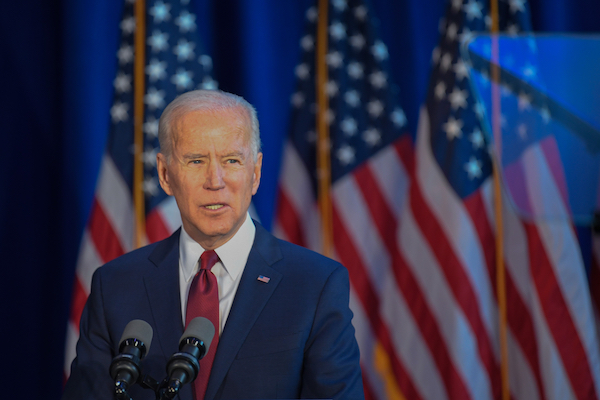Politics
Biden Administration Cancels Order To Refill Strategic Petroleum Reserve After Depleting It To Record Lows

The Biden Administration has abruptly cancelled its plan to purchase roughly 3 million barrels of oil in order to help refill the nation’s strategic petroleum reserve (SPR).
The reserve currently contains 363.6 million barrels of oil, a 43 percent decline from when Biden took office in 2021. Biden authorized releases from the SPR in late 2021 in order to alleviate skyrocketing gas prices.
In a statement released Monday, the Department of Energy stated that it will be pulling back on its purchase plan as a result of rising oil prices. Last month, the department’s Office of Petroleum Reserves had announced that it would be acquiring 3 million barrels to be delivered in in August and September to its Bayou Choctaw site in Louisiana, one of four major SPR storage facilities.
“Keeping the taxpayer’s interest at the forefront, we will not award for the Bayou Choctaw SPR site in August and September, and will continue to solicit available capacity as market conditions allow,” a Department of Energy spokesperson announced in a statement. “As always, we monitor market dynamics to remain nimble and innovative in our successful replenishment approach to protect this critical national security asset.”
When the Department of Energy announced the Choctaw purchase last month, it stated that it planned to purchase oil at $79 per barrel or below. Oil prices have since increased to $85 per barrel as of Wednesday afternoon.
While the department has executed a number of purchases in the last 12 months, the reserve remains at historically low levels. As of this report, the Stategic Petroleum Reserve remains at its lowest level in nearly four decades. Current capacity amounts to 17 days of supply.
Biden authorized a release of roughly 260 million barrels in 2021 and 2022 in an attempt to reign in surging gas prices. While the move alleviated short term price increases, energy experts have warned that the depletion has left the U.S. vulnerable to supply disruptions.

